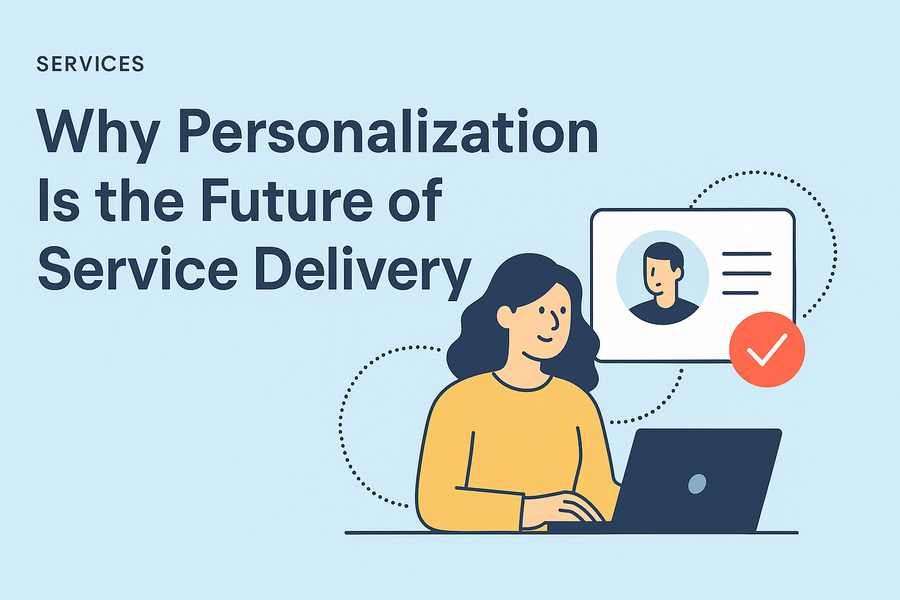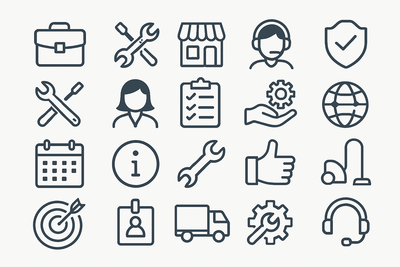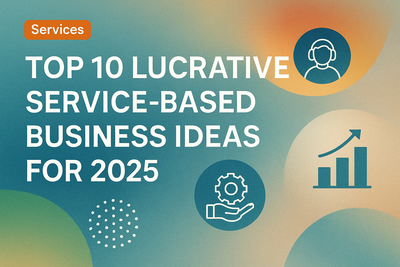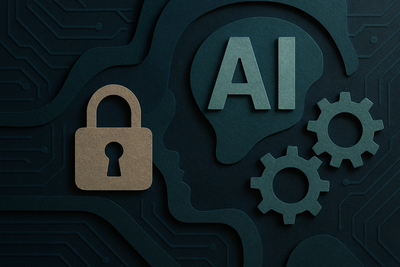Why Personalization Is the Future of Service Delivery
Introduction
In a world where consumers are bombarded with choices, standing out requires more than just quality products or services. Today’s customers crave experiences tailored specifically to their needs. This shift has made personalization an essential strategy in service delivery. From digital platforms to in-person interactions, businesses must rethink how they engage with clients to stay ahead.

The Demand for Tailored Experiences
One of the primary drivers behind the rise of personalization is changing consumer expectations. People no longer want to feel like just another number. According to multiple industry studies, over 70% of consumers expect companies to understand their unique preferences and provide customized solutions.
Whether it's recommending products based on browsing history or sending personalized appointment reminders, businesses that personalize their services create deeper customer loyalty and drive repeat engagement.
Technology Enables Smart Personalization
Advances in data analytics, artificial intelligence (AI), and machine learning have revolutionized how businesses understand and predict customer behavior. By collecting and analyzing data on user interactions, companies can deliver experiences that feel intuitive and meaningful.
For example:
- An online fitness platform might suggest workouts based on past activity levels.
- A financial advisor could offer investment plans aligned with a client’s risk tolerance and goals.
- A healthcare provider may tailor preventative care reminders based on patient history.
These applications not only enhance customer satisfaction but also improve operational efficiency.
Building Stronger Customer Relationships
When customers feel recognized and valued, they’re more likely to stay loyal. Personalization fosters trust—a key ingredient in long-term relationships. Instead of pushing generic messages, service providers can demonstrate genuine interest in a customer’s preferences, challenges, and goals.
This approach transforms transactions into meaningful interactions, turning first-time users into lifelong advocates.
Competitive Advantage in a Crowded Market
In increasingly saturated markets, personalization acts as a differentiator. Businesses that anticipate needs and provide relevant solutions set themselves apart. It’s no longer about who offers the most—it’s about who understands you best.
Companies like Amazon, Netflix, and Spotify have built their empires by leveraging personalization to create seamless, engaging experiences that keep users coming back.
Ethical Considerations and Transparency
With great personalization comes great responsibility. Customers are becoming more concerned about how their data is used. Transparency is critical. Companies must prioritize ethical data practices and ensure users know how their information is collected and applied.
This builds trust and reassures customers that personalization is designed to serve them—not exploit them.
Conclusion
The future of service delivery lies in personalization. As technology continues to evolve and consumer expectations rise, businesses that fail to adopt personalized approaches risk falling behind. By embracing personalization thoughtfully and ethically, companies can deepen customer relationships, enhance satisfaction, and secure a competitive edge in the modern marketplace. Now is the time to invest in understanding your audience and delivering services that resonate on a personal level.








